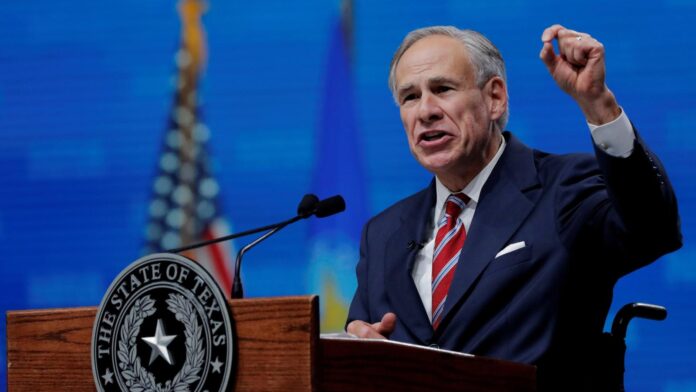Image courtesy: The Quartz
NetChoice and the Computer and Communications Industry Association (CCIA) have sued to prevent Texas from upholding HB 20, another law banishing huge online media organizations from prohibiting clients or eliminating content dependent on the “perspective” of the client. The tech business gatherings’ suit comes fourteen days after Texas Governor Greg Abbott marked the bill, and it follows a claim that effectively hindered a comparable standard in Florida.
HB 20 is one of various state-level endeavors to make organizations like Facebook and Twitter uncertain of directing the records of traditionalist clients. Texas administrators have situated the bill as an enemy of restriction arrangement, yet NetChoice and the CCIA contend that it — like the Florida law before it — abuses organizations’ First Amendment rights to pick what discourse they have.

“At base, HB 20 forces impermissible substance and perspective based orders to urge a chosen handful stages to distribute discourse and speakers that disregard the stages’ strategies — and to introduce that discourse the same way the stages present other discourse that doesn’t abuse their approaches,” the protest says. “At the very least, HB 20 would illegally require stages like YouTube and Facebook to disperse, for instance, supportive of Nazi discourse, psychological militant promulgation, unfamiliar government disinformation, and clinical falsehood.”The protest objects to straightforwardness arrangements that would, in the most natural sounding way for its, expect organizations to “report in horrendous detail how they practice their article watchfulness over conceivably billions of bits of content.” It contends that overall, the law encroaches on web administrations’ all in all correct to free articulation.
A government judge was exceptionally unsympathetic to Florida’s web-based media law recently, granting NetChoice and the CCIA a primer directive against it and calling it likely illegal. The Texas law will not raise generally similar issues as the Florida one — for example, it does exclude Florida’s scandalous special case for organizations with amusement parks. However, the two standards share a great deal for all intents and purpose, and Texas (close by nine different states) presented a short supporting Florida for its situation, saying an ominous decision might actually “jeopardize” comparative laws like HB 20.


























